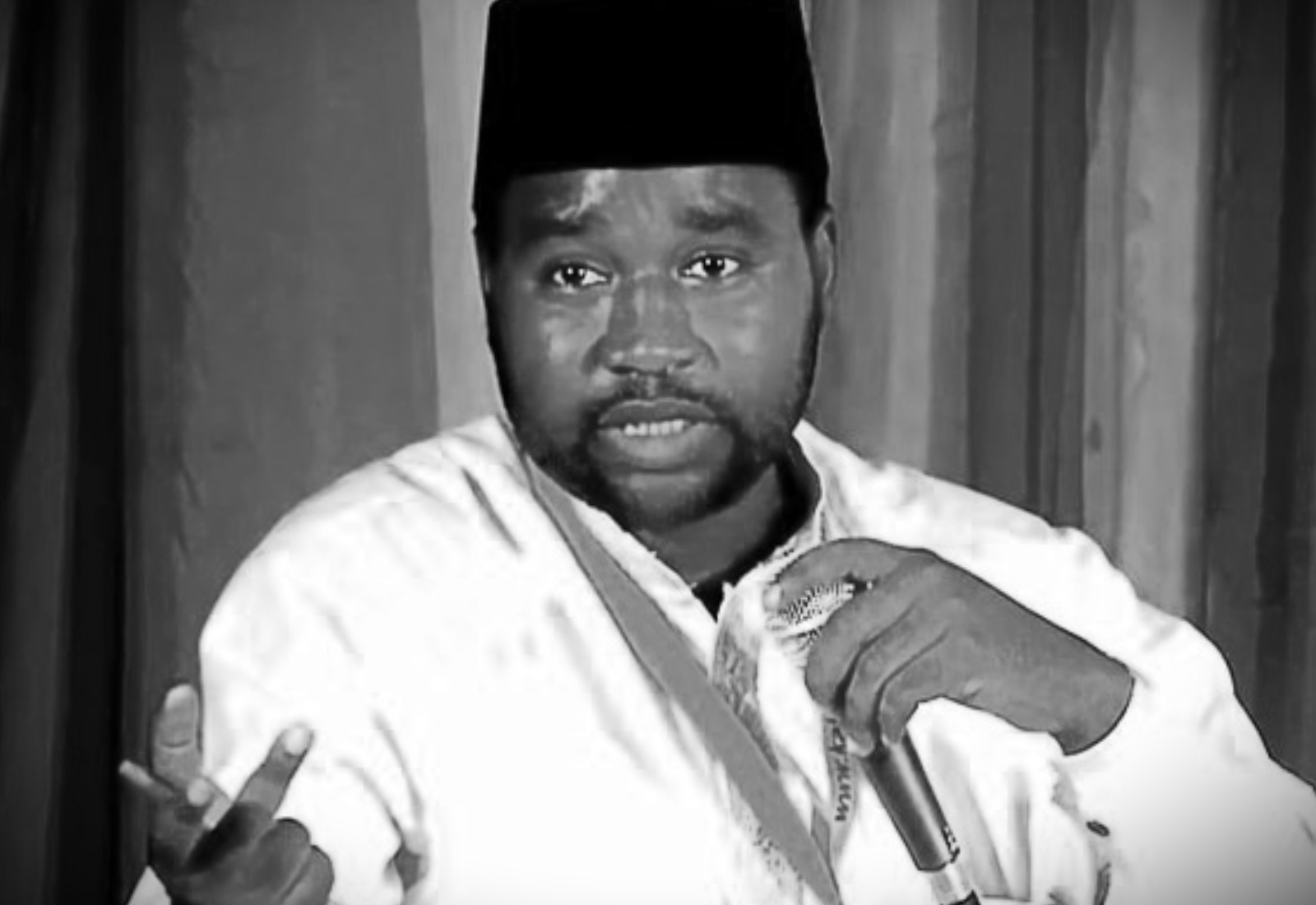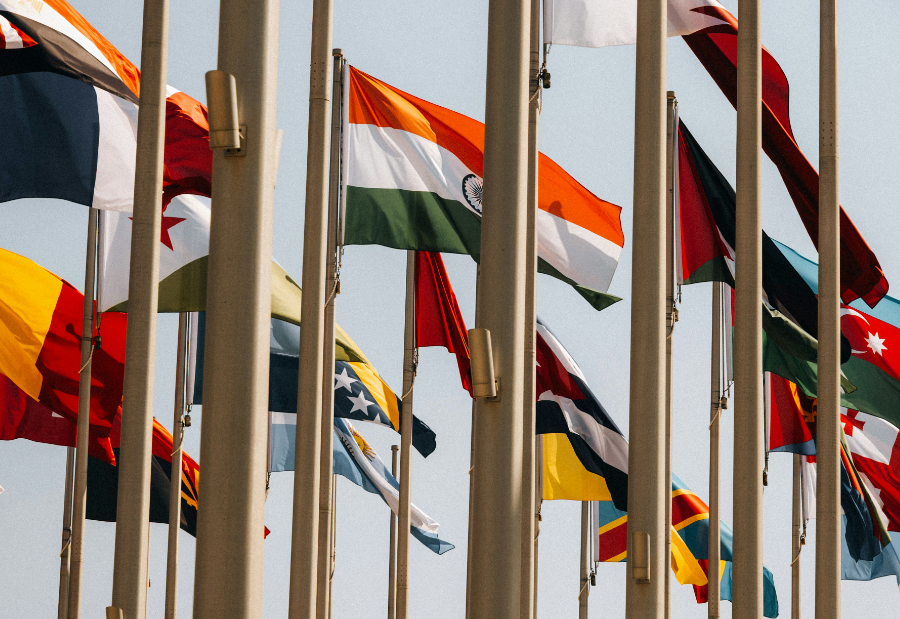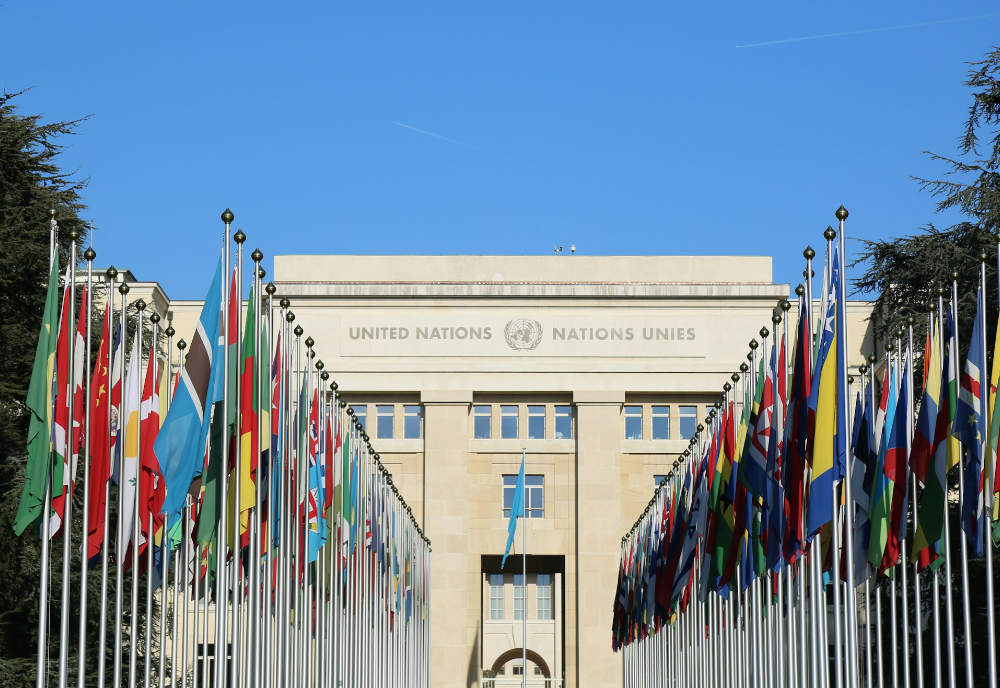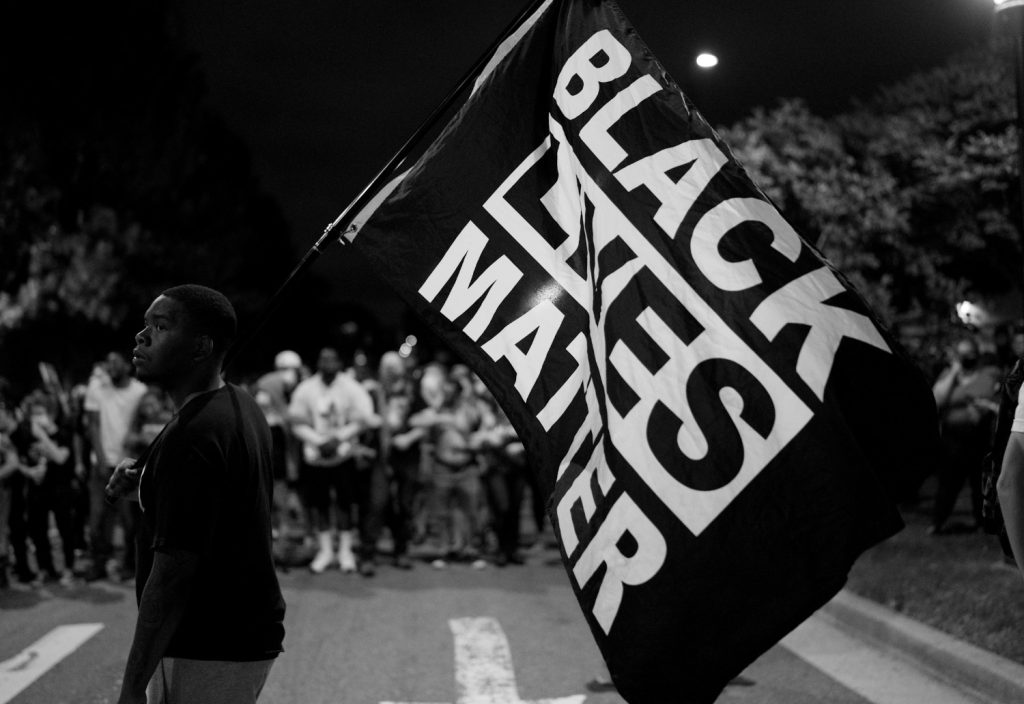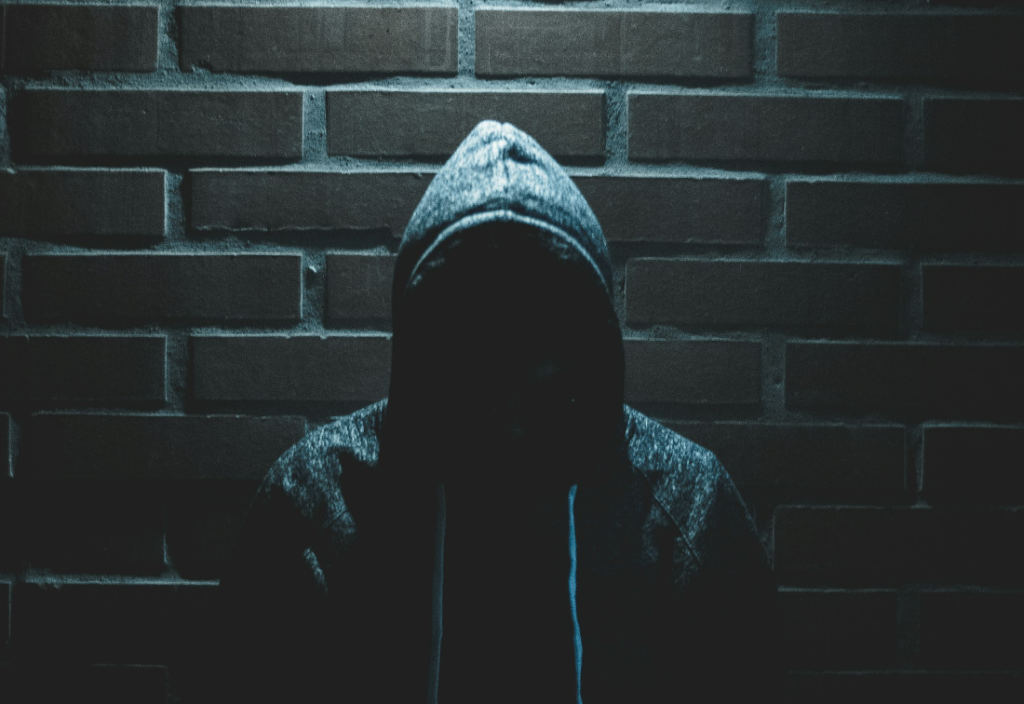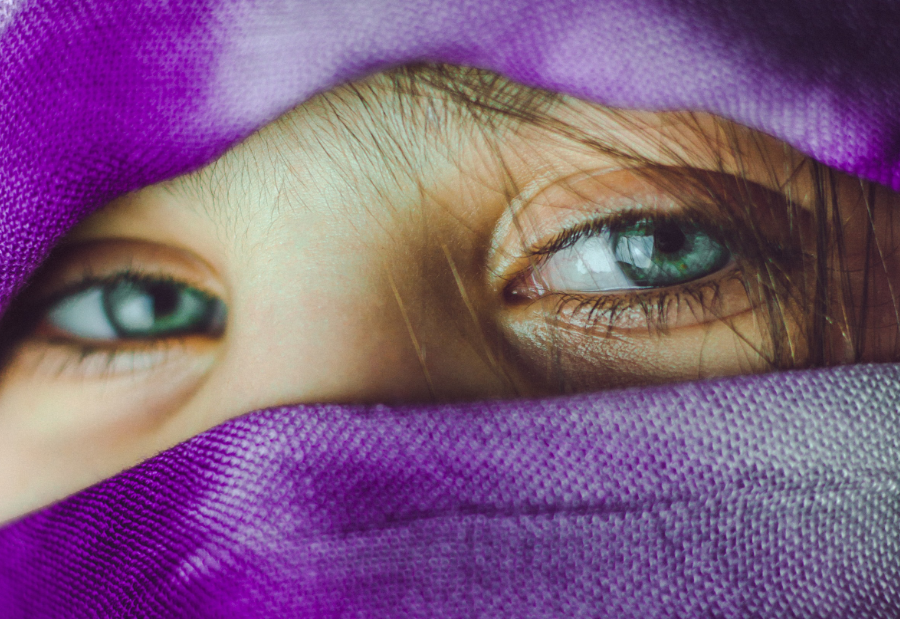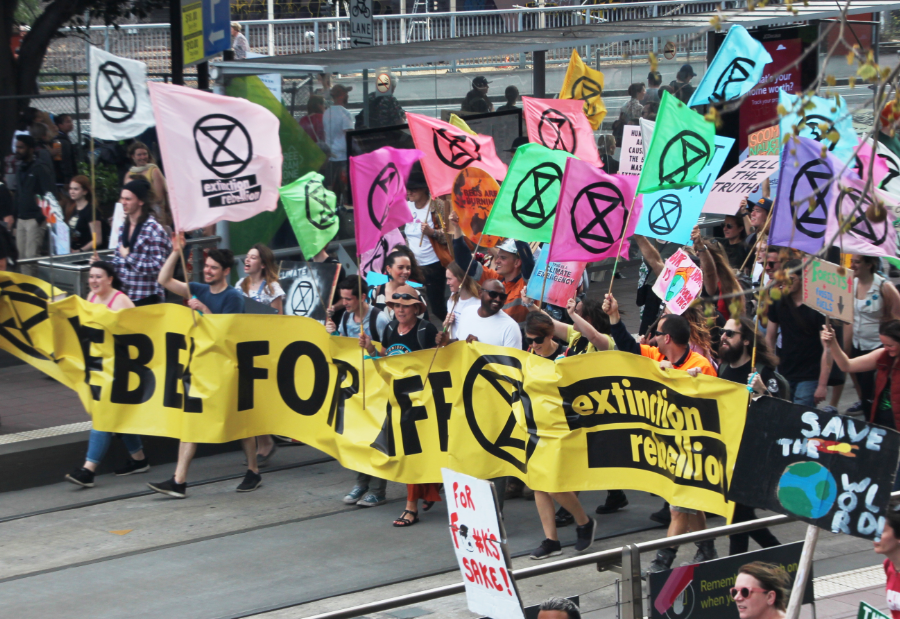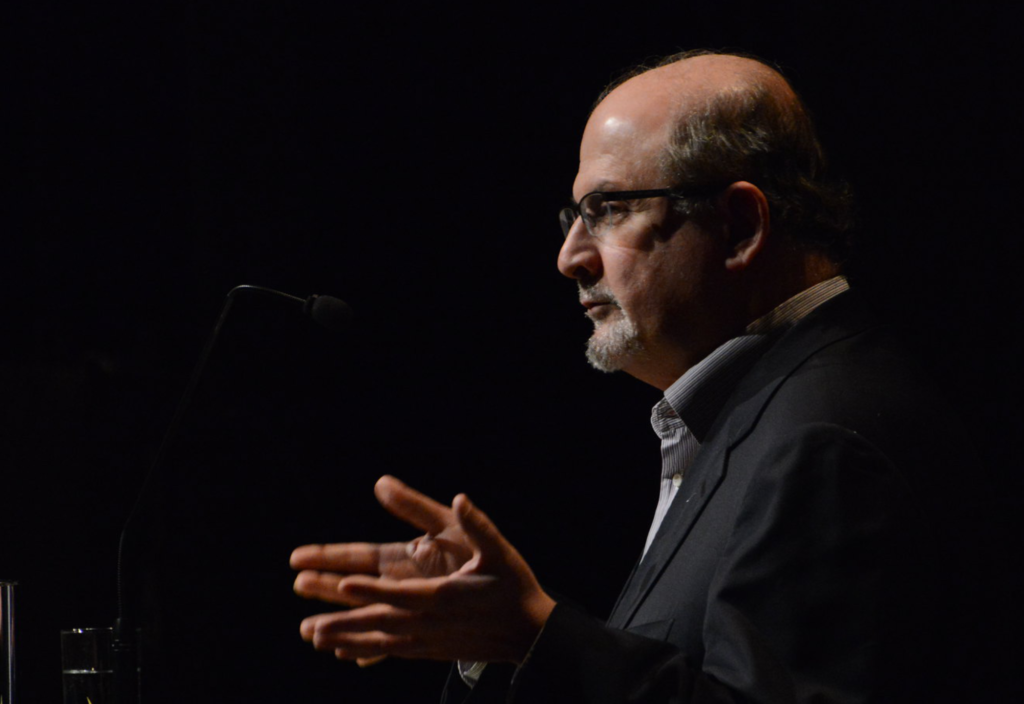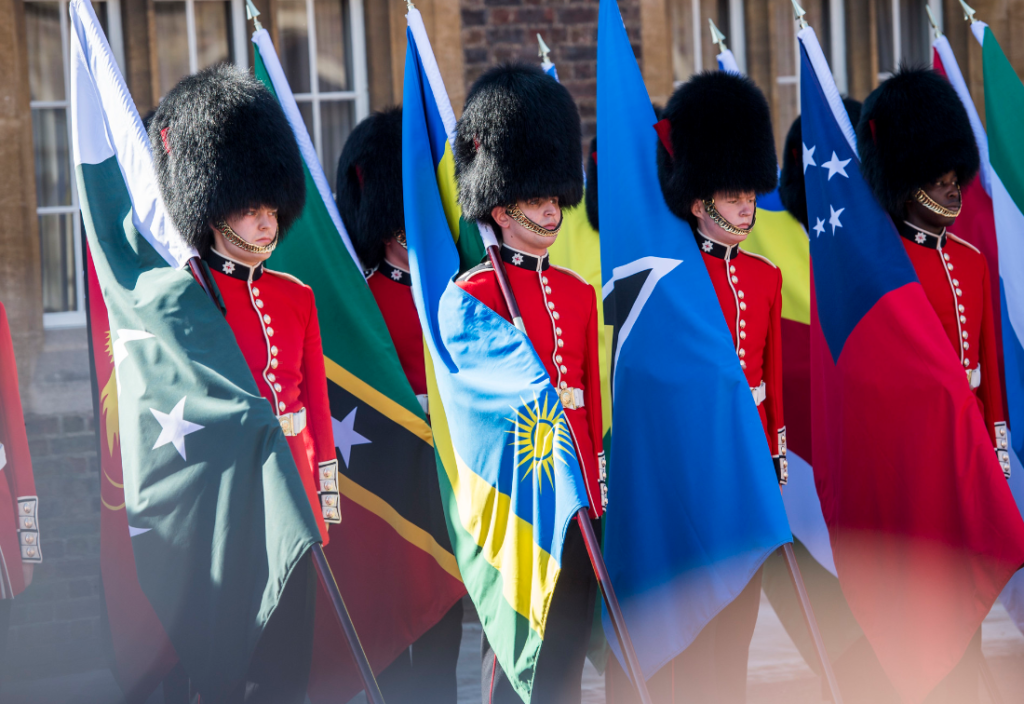This article is co-published by the Rationalist Society of Australia and Humanists Australia.
In April this year, the president of the Humanist Association of Nigeria, Mubarak Bala, was sentenced to 24 years in prison after pleading guilty to blasphemy charges, in what The Guardian referred to as “a landmark case that has put a new focus on the threats to freedom of expression in the west African country”.
In the weeks before his arrest, he had posted comments critical of Islam on Facebook that caused outrage among conservative groups in the heavily Muslim-influenced state, leading to threats to his life and a petition for him to be charged with blasphemy under both state and sharia law.
Mubarak was arrested at his home on 28 April 2020 and arbitrarily detained without charges, or contact with lawyers, his family or the outside world for more than a year. In December 2020, a federal court in the capital, Abuja, determined his detention unconstitutional and ordered authorities in Kano to either charge him with a crime under secular law or release him.
In August 2021, a court charged Mubarak under customary law with 18 counts of causing a public disturbance in connection to ‘blasphemous’ Facebook posts he is alleged to have made over the course of April 2020. On 5 April 2022, he was sentenced to 24 years in prison after being convicted of 18 counts of causing a public disturbance under sections 210 and 114 respectively of the Kano State Penal Code.
However, this is not the first time he has been detained for his beliefs. In 2014, Mubarak was drugged and forcibly committed to a mental health institution by his family for renouncing Islam and claiming he had lost his belief in God.
After telling his family he had renounced Islam, his father – a prominent Islamic scholar in Nigeria – took him to a doctor and asked if his son was mentally ill. The doctor gave him a clean bill of health, but his family was unhappy with this result and turned to a second doctor, who said Mubarak’s atheism was a side-effect of a personality change. Mubarak was subsequently admitted to the Aminu Kano Teaching Hospital and held there against his will for 18 days.
During his stay in the psychiatric hospital in 2014, he pleaded to the outside world for help in emails and tweets from phones smuggled into the institution. In one email, he said: “And the biggest evidence of my mental illness was large blasphemies and denial of ‘history’ of Adam, and apostasy, to which the doctor said was a personality change, that everyone needs a God, that even in Japan they have a God… And my brother added that all the atheists I see have had mental illness at some point in their life.”
In a tweet sent on 21 June that year, he wrote: “My neck still hurts from the strangle-hold of my father, and the beat of uncles dislocated my finger and arm, I then got sedated by me bro [sic].” Another tweet, referring to his father, stated: “Being a leader, in the forefront of Islamic movement in Nigeria, he can’t afford to have a non-muslim family member, so he declared me insane.”
Following his release from hospital, he received death threats and calls from religious groups to silence him. But, despite this, Mubarak became an outspoken advocate for Nigerian non-religious rights and freedoms.
Mubarak’s case is seen as an example of a clampdown on voices judged to be critical of religious orthodoxy in a deeply conservative region. But his case is not the first time that humanists and the non-religious have been punished, detained and tortured under regimes which fail to protect their basic rights and freedoms, and it won’t be the last.
There are a number of previous haunting cases of humanists and the non-religious being detained, tortured, and even threatened with death throughout the world. Australia, as a middle power and an increasingly secular nation, should do more to protect these vulnerable people from the plight they face.
International organisations such as Humanists International and UN human rights experts have strongly condemned the situation and called for his release. The United States Commission on International Religious Freedom identifies Mubarak as a prisoner of conscience, with Humanists International calling his sentence a “day of shame for Nigerian authorities”.
Moreover, special procedures experts appointed by the United Nations Human Rights Council have previously stated that “the arrest and detention of Mr Bala amounts to persecution of non-believers in Nigeria.”
Australia is in a position to do more to advocate for the rights of people who face blasphemy charges and be more actively seen as championing the rights of non-religious people, given that Australia is becoming increasingly non-religious.
Turning Australia’s commitment into reality
According to the 2021 Census, 38.4% of Australians consider themselves to follow no religion, up from 29.6% in 2016. The statistics demonstrate that Australia is increasingly becoming non-religious, and our policies should reflect this change.
Blasphemy remains a crime against the common law in six Australian states and territories – New South Wales, Victoria, South Australia, Tasmania, the Northern Territory and Australian Capital Territory.
The crime of blasphemy is not about vilifying or inciting hatred against people on the basis of their religion – some states have separate laws against that. Rather, the crime is about protecting Christian doctrine from scurrilous commentary, and Christian religious sensibilities from attack.
Moreover, laws aimed at curbing ‘racial vilification’ have been extended in three states – Tasmania, Queensland and Victoria – to include ‘religious vilification’. There are concerns that, while these laws legitimately forbid incitement to hatred, they also ban ‘severe ridicule’ and ‘serious contempt’ of a person based on religion and, in practice,they have been used to prosecute people for criticisms of religion.
The Federal Court described the elements of the offence of blasphemy as follows:
The essence of the crime of blasphemy is to publish words concerning the Christian religion, which are so scurrilous and offensive as to pass the limits of decent controversy and to be calculated to outrage the feelings of any sympathiser with or believer in Christianity.
A temperate and respectful denial of the existence of God is not an offence against the law, which does not render criminal the mere propagation of doctrines hostile to the Christian faith. The crime consists in the manner in which the doctrines are advocated. Whether in each case this is a crime is a question of fact for the jury.
In other words, it is a crime to ‘outrage the feelings’ of Christians in respect of their religious beliefs. In Australia, the crime of blasphemy only relates to Christianity, meaning you are legally free to blaspheme against any other religion. It is time that Australia retracts these blasphemy laws, and in doing so protects the rights and freedoms of the non-religious.
In positive news, the crime of blasphemy has not been prosecuted in Australia since 1919. Therefore, if we can recognise as a nation that religion should not dictate life here, then with the same reasoning we ought to actively advocate for the same overseas.
This demonstrates the need in modern society for increasingly non-religious states such as Australia to protect these rights not only at home but abroad. And this begins with a comitment to advocate for the removal of blasphemy laws and arbitrary detention and torture of humanists and the non-religious throughout the world.
Earlier this year, the Rationalist Society of Australia (RSA) wrote to the Australian Department of Foreign Affairs and Trade (DFAT) raising the plight of Mubarak Bala and asking what Australian diplomacy does to assist people like him who are persecuted due to their lack of religious belief.
In the letter, the RSA wrote: “Australia should contribute in meaningful ways to international efforts to promote freedom of thought, conscience and belief, including protecting the rights of non-believers”. According to DFAT, Australia is committed to “promoting and protecting the right to freedom of religion or belief for all”.
Now is the time for Australia to turn this commitment into a reality.
In 2021, Australia led a joint statement of more than 40 states advocating for the removal of the death penalty as a punishment for blasphemy. The statement claimed: “Religious freedom and tolerance are vital for open and resilient societies… We urge states to release individuals currently on death row or otherwise imprisoned for these offences.”
In line with this statement, Australia should advocate for the release of Mubarak and others who have been detained and punished for what they believe.
A situation we cannot ignore
This case of Mubarak – and countless others like it – must no longer be dismissed or reported as isolated incidents. The international community, and the Australian government in particular, need to connect the dots and assume that for each high-profile case there are many more blasphemy cases that go unreported throughout the world.
Countries such as Australia are in a prime position to protect these vulnerable people, given our increasing move away from religion, and subsequent turning to secularism in our modern society.
Mubarak’s case highlights the threats faced by humanists and non-religious people throughout the world, and the need for countries such as Australia to protect them. It is a form of oppression that is almost ‘banal’ – in the sense of ‘the banality of evil’ – in that it is so commonplace and so endemic.
This must prompt the question of just how many more people are in a similar situation and need the world to stop turning a blind eye to their plight and instead advocate for their protection and basic human rights. How many more people will suffer unjust incarceration, separation from their families, and all of the unfair treatment that Mubarak is facing before action is taken?
Australia is in a position to acknowledge that its shift towards non-religious values subsequently calls for the need for the protection of the non-religious everywhere. As such we should, through our foreign policy and diplomacy, make a stronger case for the need to protect these vulnerable people and actively champion for the rights of non-religious people and the removal of blasphemy laws.
As Australia is becoming increasingly non-religious, I believe we should be making a stronger case, through our foreign policy and diplomacy, to intervene in cases such as Mubarak Bala’s and others around the world in order to ensure that these most vulnerable people are protected. We must begin to actively champion for the rights of non-religious people and for the removal of blasphemy laws.
If you wish to republish this original article, please attribute to Rationale. Click here to find out more about republishing under Creative Commons.

